We may earn money or products from the companies mentioned in this post. This means if you click on the link and purchase the item, I will receive a small commission at no extra cost to you ... you're just helping re-supply our family's travel fund.
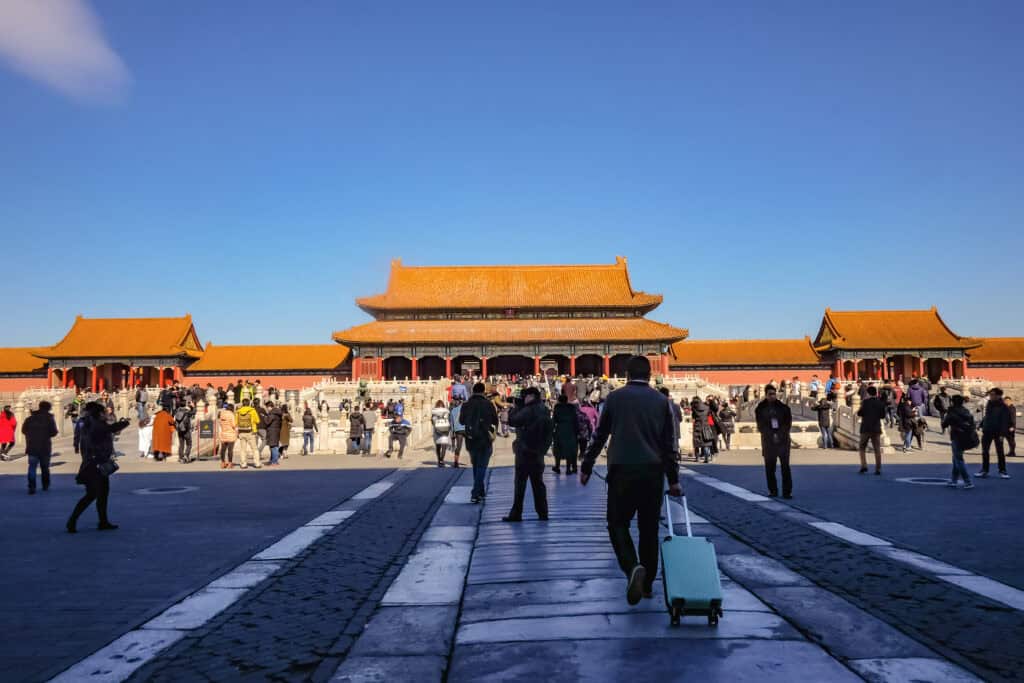
China rewards curiosity and planning in equal measure. Trains run on time, temples hold quiet codes, and meals sing when choices match the season. Trouble starts when schedules collide with holiday surges or when payment habits from home don’t map to daily life. Offline tools matter, as do small gestures around dress, lines, and tone. What this really means is that smoother days come from a few smart habits: read the calendar, set up basics, and let local rhythm lead.
Misreading Peak Holidays And Crowds
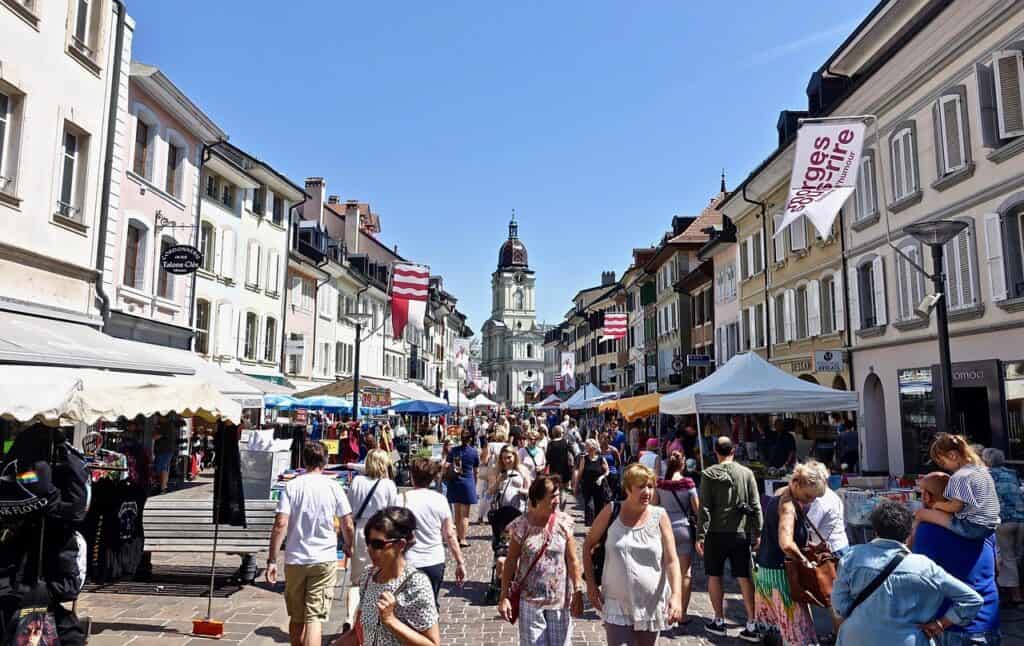
Misreading the calendar turns stations and sights into endurance tests. Golden Week in early Oct., Lunar New Year, and Labor Day around May 1 fill trains, raise prices, and drain hotel inventory across provinces. Better plans slide trips into shoulder weeks, book high-speed rail seats early, and aim for second cities or national parks when festival routes jam. The payoff is time saved, quieter mornings, and room to take in the details that usually get lost.
Assuming Cards Or Cashless Will Work Everywhere

Plastic still stumbles at mom-and-pop shops, markets, and taxis, while mobile pay rules daily life. International cards work at major hotels and some chains, then vanish at street level. Travelers do better with a mix: a mobile wallet set for tourists if available, small bills for backups, and a UnionPay-friendly ATM plan. That blend keeps meals, metro rides, and museum tickets moving without awkward searches for a machine that never appears.
Underestimating Distance And Rail Logistics
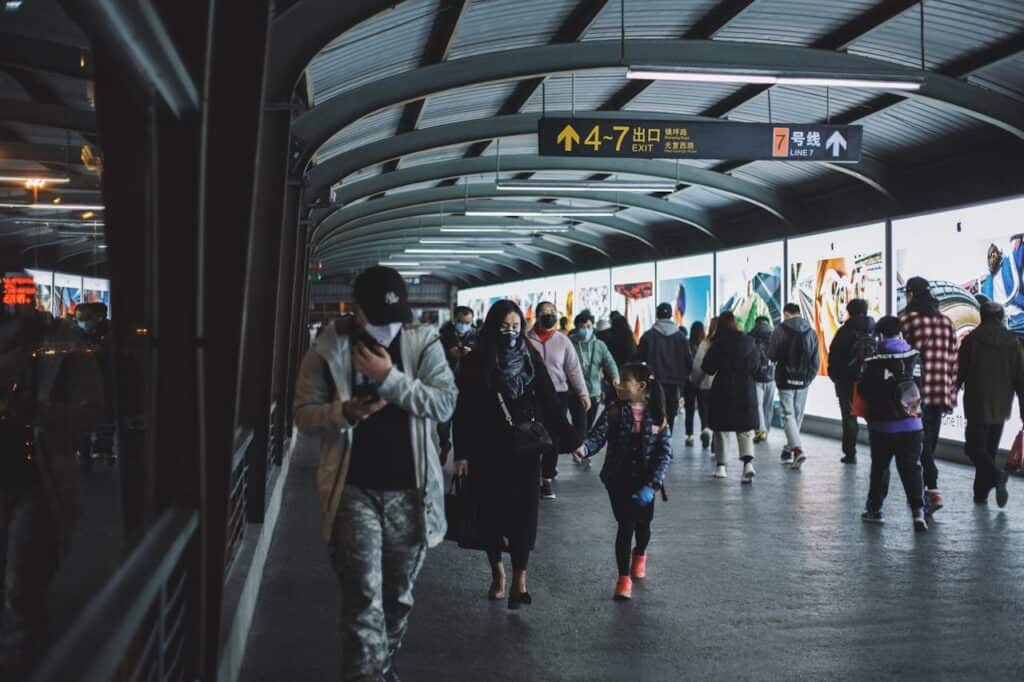
A map makes cities look close; timetables say otherwise. High-speed rail shrinks the country, yet big stations require security checks, platform changes, and buffer time that adds up. Smart itineraries stack sights by district, treat bullet trains like half-days, and skip same-day connections that gamble on delays. Overnight sleepers still help on long runs, trading a hotel bill for miles while arriving near sunrise with a full morning ready to use.
Forgetting Passport Rules For Daily Tasks

A passport is more than a border document here. Hotels must register guests, intercity trains verify ID, and ticket offices often require originals to match names on bookings. Keeping the passport handy speeds check-ins, SIM registration, and museum entries with quota systems. A protective sleeve, photocopies stored separately, and a cloud backup add insurance. The routine feels formal at first, then becomes a rhythm that keeps small lines short and plans intact.
Relying On Blocked Apps And No Offline Tools
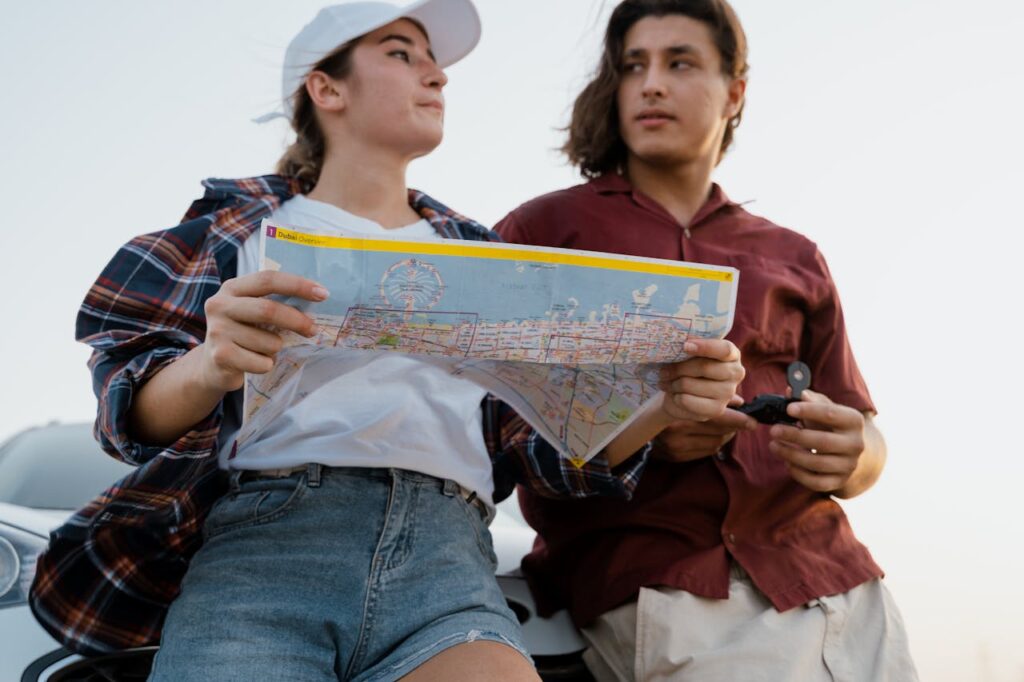
Familiar apps often fail, maps stall, and messaging threads won’t load without alternatives. The fix is simple: download offline maps, save key addresses in Chinese, and install translation tools that work without data. Add local ride-hailing, rail, and food apps with English toggles where available, plus screen-shot hotel names to show drivers. With basics cached, navigation becomes calm, and detours turn into choices instead of last-minute scrambles.
Treating Temples And Heritage Sites Like Photo Sets
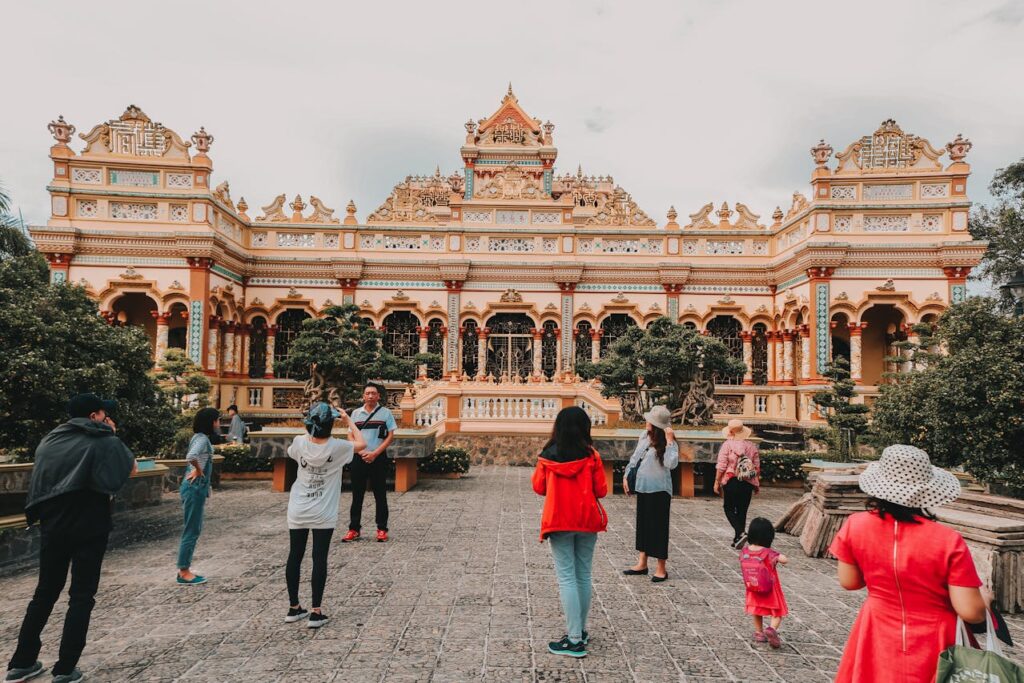
Sacred spaces and fragile relics ask for smaller footprints. Loud voices, flash photography, and posing on thresholds read as careless, and drone use is often restricted or banned outright near monuments. Respect travels well: modest dress in active temples, no touching reliefs or steles, and tripod patience off to the side. The result is better images, friendlier stewards, and time to notice incense, stone grain, and the craft that holds the story together.
Mishandling Food And Water Basics
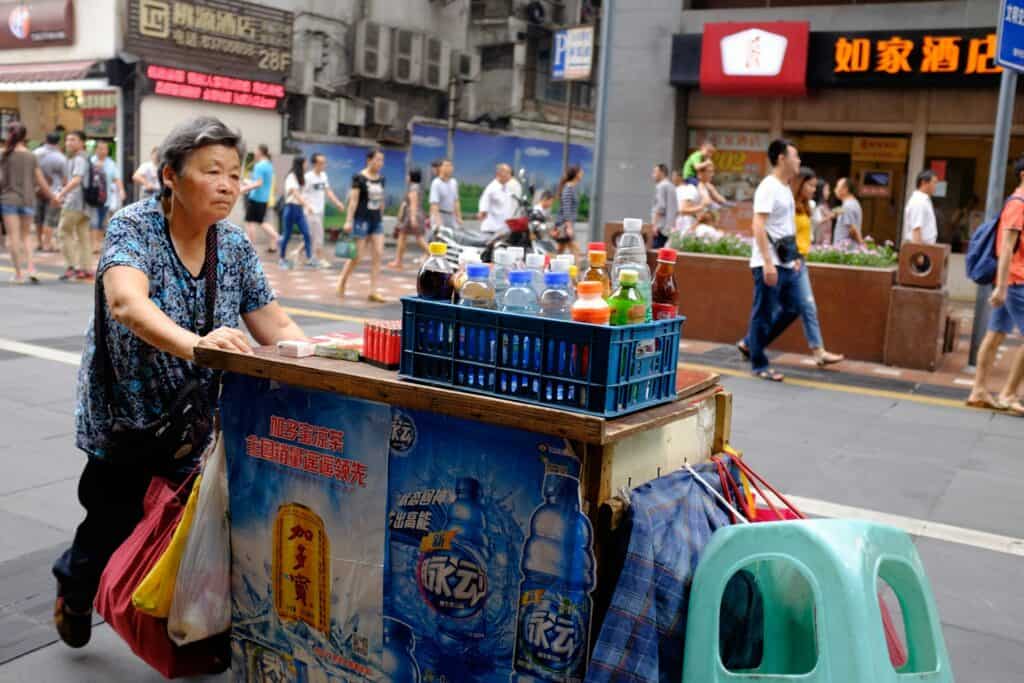
Tap water is generally boiled before drinking, and ice can be hit or miss outside big hotels. Street food shines when turnover is fast and grills stay hot; long waits under glass are a warning. Carry tissues, hand sanitizer, and a small trash bag; restrooms may lack supplies. Ordering by house specialty, season, and crowd size keeps meals bright. Warm soy milk at breakfast, cumin lamb in the northwest, and river fish where locals line up rarely disappoint.
Falling For Common Tourist Scams And Unlicensed Rides

Big sights attract small traps. Tea ceremony invites, art student pitches, and unmetered airport cars start friendly and end expensive. Safer habits are boring and effective: official taxi queues, meters on, receipts kept, and ride-hailing apps matched to plate numbers. If a deal feels rushed, step back to the main street and reset. The city will still be there, and so will better choices that leave the day’s budget for actual experiences.
Seeing Only Megacities And Skipping Regional Depth
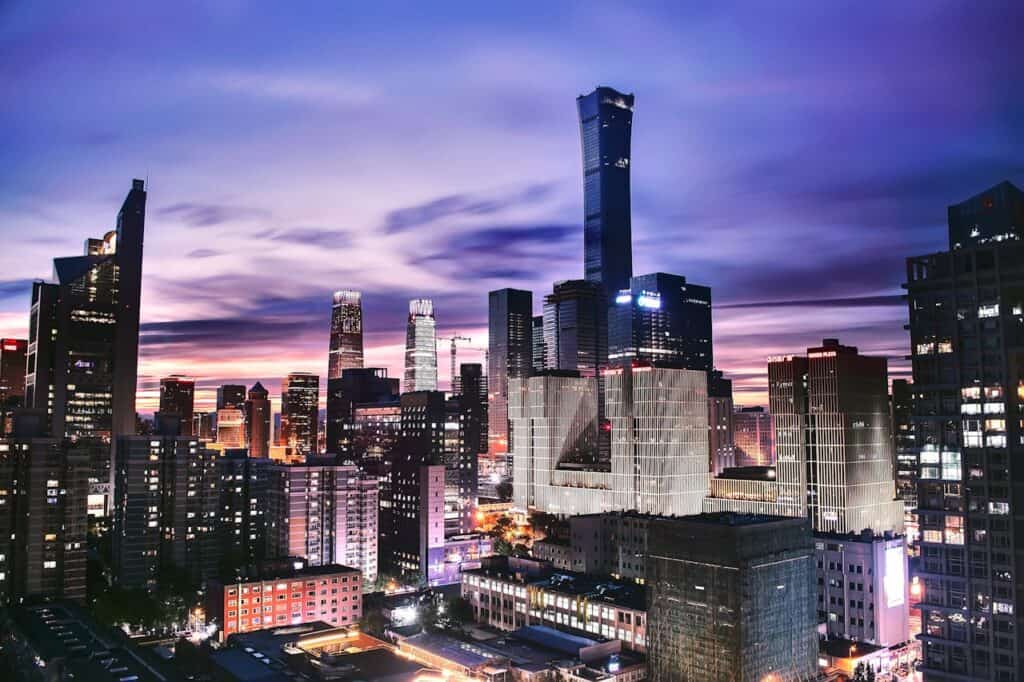
Beijing, Shanghai, and Shenzhen dazzle, then blur without contrast. Trips breathe when a second region enters the frame: karst and caves in the south, desert and oases in the northwest, tea mountains and tulou in the southeast, or river towns near the Yangtze. A short flight or fast train adds new kitchens, dialects, and building styles. The story of the country gets clearer, and the album fills with scenes that don’t look like anyone else’s.